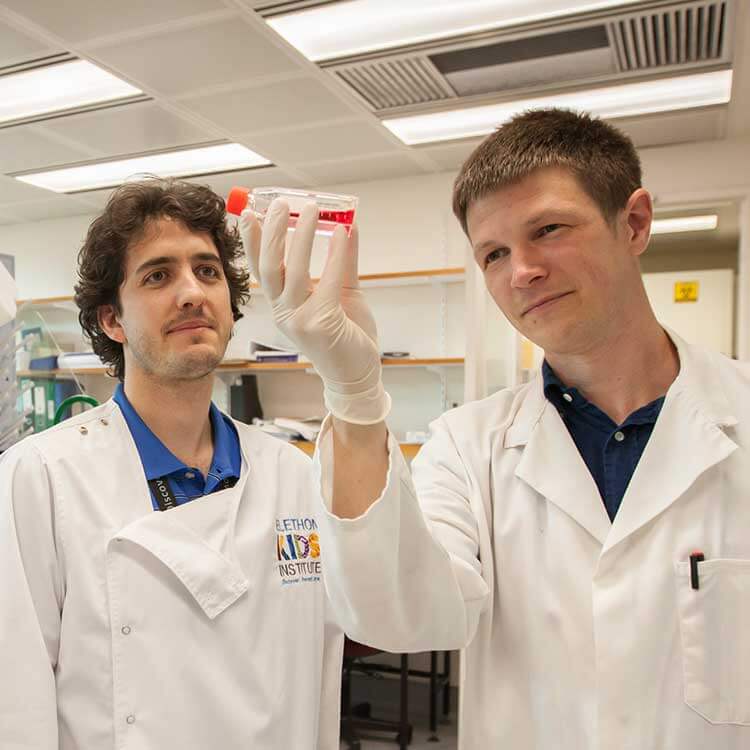Search
Research
Boosting airway T-regulatory cells by gastrointestinal stimulation as a strategy for asthma controlThe hallmark of atopic asthma is transient airways hyperresponsiveness (AHR) preceded by aeroallergen-induced Th-cell activation.
Research
UV exposure and protection against allergic airways diseaseAsthma is a chronic inflammatory disease of the small and large conducting airway mucosa characterised by Th2 cell immunity.
Research
Identification and Isolation of Rodent Respiratory Tract Dendritic CellsThis chapter describes the preparation of respiratory tract tissue from both mice and rats for the isolation of respiratory tract dendritic cells (RTDC).

The Pregnancy and Early Life Immunology team's overall research vision is targeted towards understanding immunological development during early life.
Research
Early biomarkers predictive of autismThis study aims to investigate the cellular and molecular profiles of the immune system in infants at high/low risk for Autism, as determined through clinical assessment.
Research
Epigenetic changes underpinning allergen sensitization: a twin-based studyWe are studying immune cells from identical twins of which one suffers and one does not suffer from allergic disease to identify specific mechanisms that may play important roles in disease development.

Research
Finding the cellular explanation for recurrent asthma exacerbationsThis study is designed to identify the specific unique immune cell response that occurs in these children with recurrent disease.
Research
Targeting the mucosal immune system in a pregnant mouse model to prevent experimental allergic airways disease in the offspringStudies in Europe show exposure of pregnant women to high levels of microbial products stimulate immune function maturation in their offspring
Research
The cellular effects of estrogen on allergic asthmaThe study aims to identify the mechanism for this so that this knowledge can be used to better treat asthma and allergies in both males and females.
Research
Mechanisms of IgE sensitizationThis project investigates how cells of the immune system respond to substances to cause allergies to help develop new treatments.
